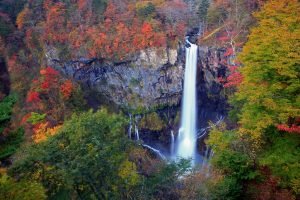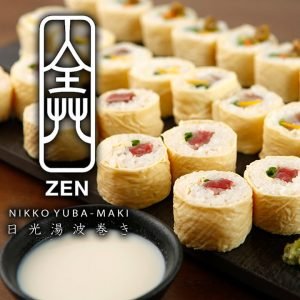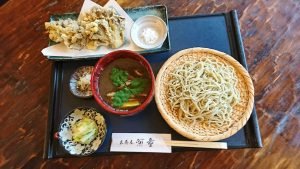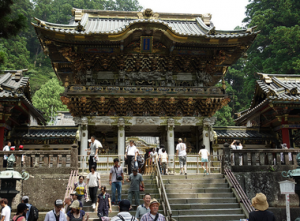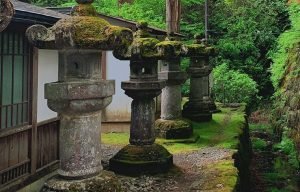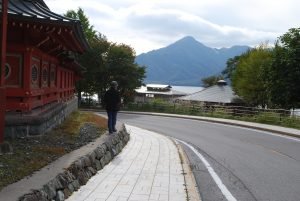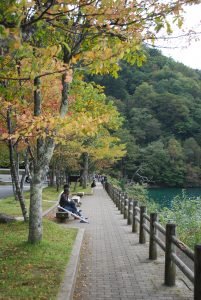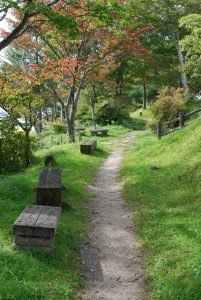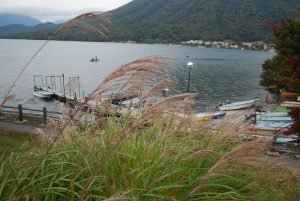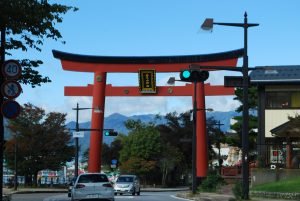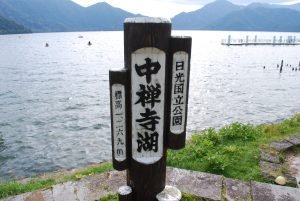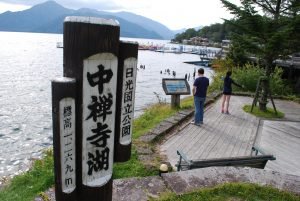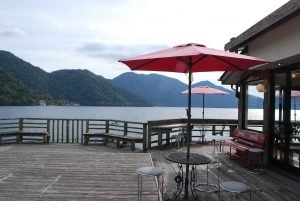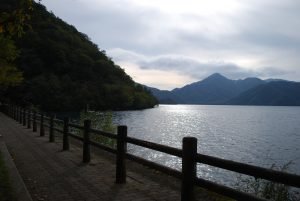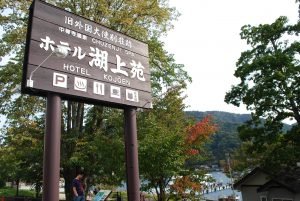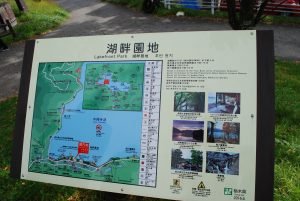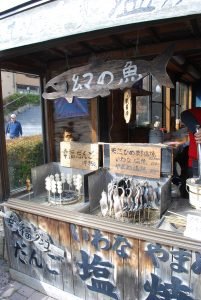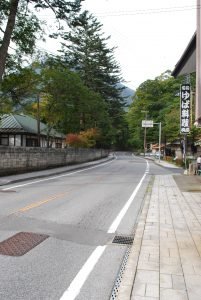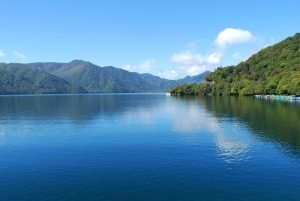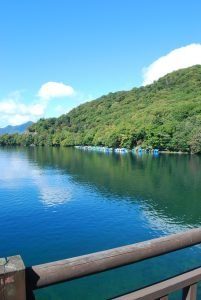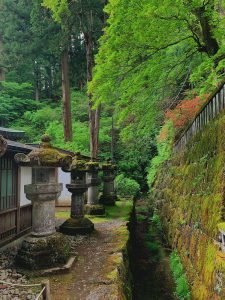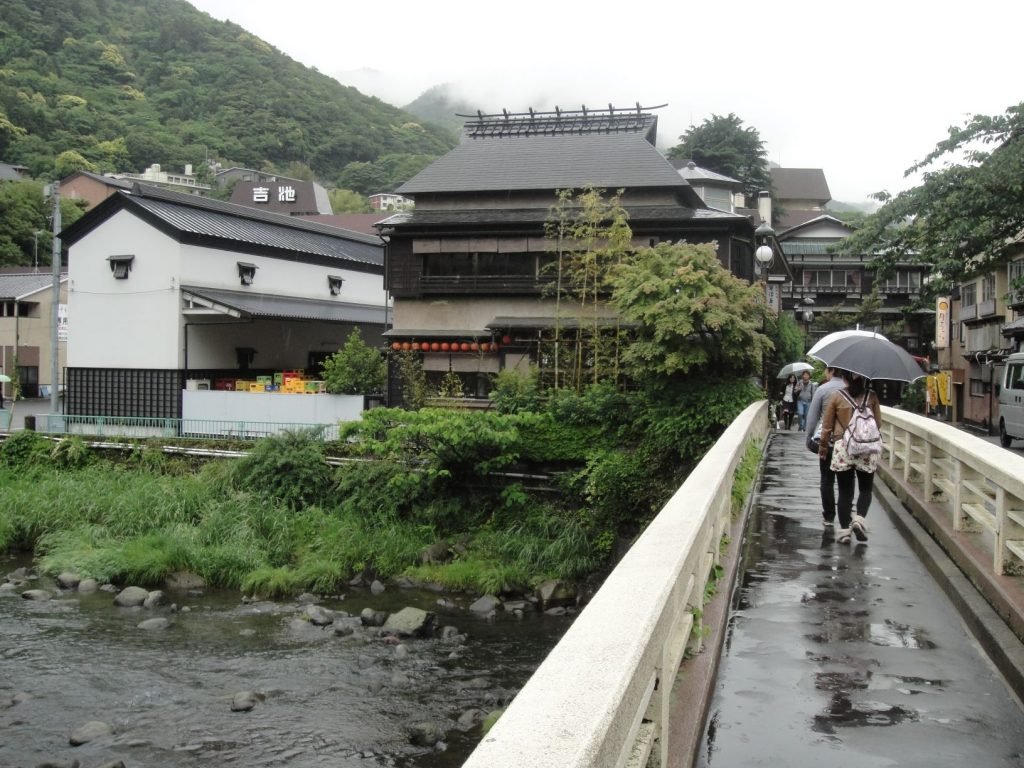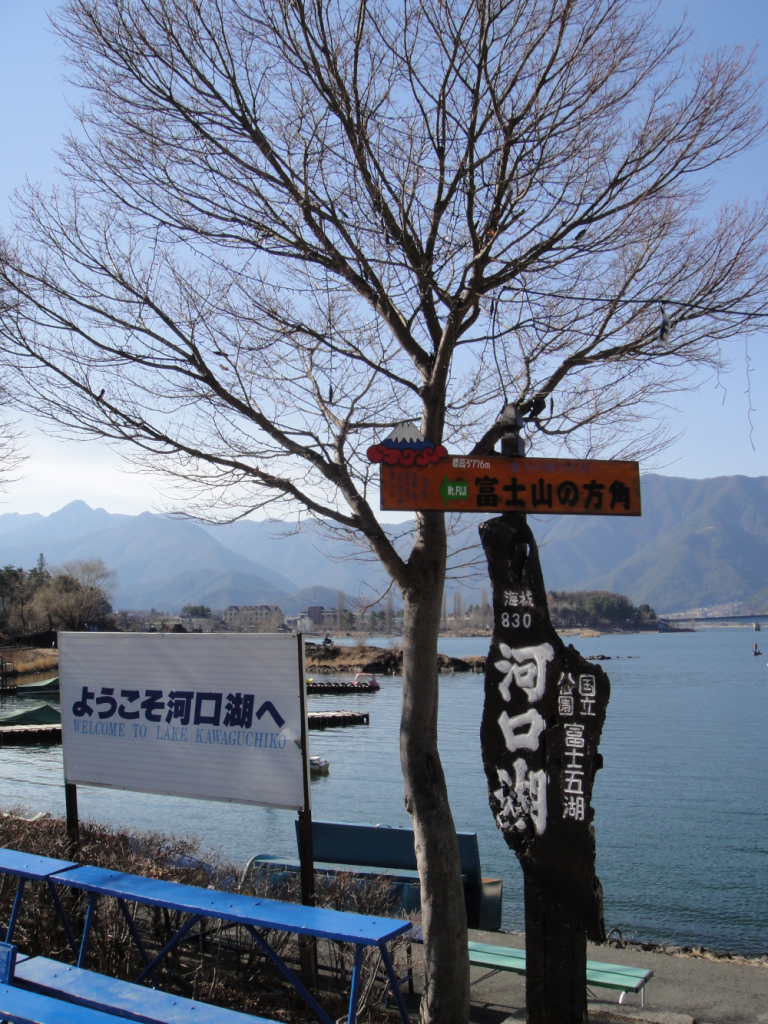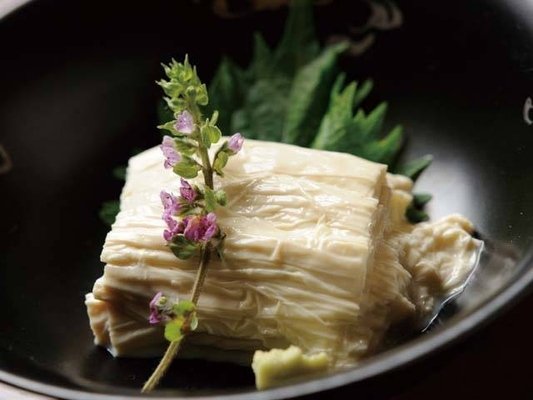- Overview
- Trip Outline
- How to get there
- Recommended destinations
- Gallery
Explore the Rich Heritage of Nikko
Nikko, located in Tochigi Prefecture, is one of Japan’s most cherished destinations. Known for its breathtaking landscapes and rich cultural history, it features the iconic Nikko Toshogu Shrine (日光東照宮), a UNESCO World Heritage Site that draws visitors from all around the globe. This shrine, dedicated to Tokugawa Ieyasu, is a remarkable example of Edo-period architecture and artistry, making it a must-see for any traveler.

Natural Wonders Await
Beyond the historical allure of ancient temples, Nikko is blessed with stunning natural beauty. One of the highlights is Kegon Falls, a majestic waterfall that cascades down from Lake Chuzenji. The sight of water plunging into the depths below is an awe-inspiring experience, with various vantage points available for visitors to soak in the view. Additionally, don’t miss out on a relaxing cruise on Chuzenji Lake, which offers a different perspective of the surrounding mountains and pristine waters.
Plan Your Visit to Nikko
Whether you're a history enthusiast or nature lover, Nikko is a perfect blend of both. From the exquisite details of Nikko Toshogu Shrine to the awe-inspiring landscapes, each corner holds a story waiting to be discovered. To truly appreciate what this gem has to offer, take your time to explore the tranquil surroundings, and make sure to capture the moment with your camera. With so much to see and do, Nikko is undoubtedly a place you cannot miss during your travels in Japan.
Recommended Destinations
Engage a Local Tour Guide
The 1 day itinerary suggested is as below
Itineraries
Time : 11:00 am
Time : 1:30 pm
Time : 3:00 pm
| Nikko-Kinugawa Toll Limited Express Tobu-Nikko 1 h 42 min (5 stops) · Platform 特急 · Stop ID: TS09 | ¥2,860 |
| Board at Tōbu-nikkō Station | ||
| World Heritage Tour Bus 世界遺産めぐり Ishiyamachi direction 石屋町行 5 min (6 stops) | ¥260 | |
| Alight at Hotel Seikoenmae Bus Stop | ||
| Board from Total Kaikanzen Bus Stop | ||
| 日光駅~光徳温泉~湯元温泉 Bus Yumoto Onsen direction 湯元温泉行 40 min (18 stops) | ¥1,000 | |
| Alight at Chuzenji Onsen Bus Stop 中禅寺温泉 | ||
| Board from Chuzenji Onsen Bus Stop 中禅寺温泉 | ||
| 日光駅~光徳温泉~湯元温泉日光駅行 Nikko Station direction 36 min (23 stops) | ¥1,150 | |
| Alight at Tōbu-nikkō Station | ||
| Nikko-Kinugawa Toll Limited Express Asakusa 1 h 35 min (5 stops) · Platform 4 · Stop ID: TN25 | ¥2,750 |
Sightseeing Activities
Lake Chuzenji has a circumference of about 25km created by the river being dammed by the Mt. Nantai. It is beautiful in both summer and autumn months. In summer, the trees along the lakeside are be wrapped in bright green (in the mid of May). The colour contrast of the trees and bluish water of Lake Chuzenji paints a perfect picture. In autumn, the reflection of reddish autumn leaves on the water surface is the dreamt canvas of every artist.
Kegon Falls is a majestic waterfall that runs down from a height of about 97 meters. The very scene of it that combines both power and elegance make it one of the three most famous waterfall in Japan. |
Culture & Heritage Activities
Nikko Toshogu Shrine used to be the temple that holds important religious ceremonies for the Tokugawa Shogunate during the Edo Period. It was founded in 1250. It was recognised as the UNESCO World Heritage site in 1999. Since then, the number visitors have increased tremendously , currently, Nikko accommodates about 2.5 millions visitors every year. |
Dessert and Drink
Meiji Yakata Cake Shop 明治の館ケーキショップ Meiji Yakata Cake Shop is famous for its Nirvana Rare cheesecake that has a super soft texture. Only Danish cream cheese, eggs and sugar are used to make the cheesecake. Despite its simplicity, the cheesecake has excellent richness and refreshing acidity. Besides the original cheese flavour; chocolate, orange, strawberry & blueberry flavours are available.
Cafe Fleur is cafe in front of Tobu Nikko station. It is proud to maintain the same taste for its cheesecake for more than 30 years since its opening. The cheesecake is baked slowly at low temperature so as to keep it moist. Upon completion, it is topped is a layer of sour cream. |
Food
Well-known for its Yuba sushi roll (日光湯波巻) that is essentially a Wagyu beef maki sushi roll wrapped with the Yuba skin. The seasoning is meticulously prepared with the right balance mixture of seafood, wasabi and special home made sauce (soy-based Dashi).
Tochigi Prefecture where Nikko is located is one of Japan’s leading buckwheat producing regions. Above all, Imaichi area (of Nikko) boasted as one of the largest planting areas of the prefecture. As a result, there are many high quality soba shops around here that take advantage of this fresh local produce, and clean water from the Nikko mountains. Genso-soba Kappa 玄蕎麦河童 would meticulous select the best quality buckwheat from various production areas and “cold” storage them for about 2 years to deepen the sweetness of the wheat. The delicate taste of soba they offer is the result of this thorough storage management and careful selection process. |








